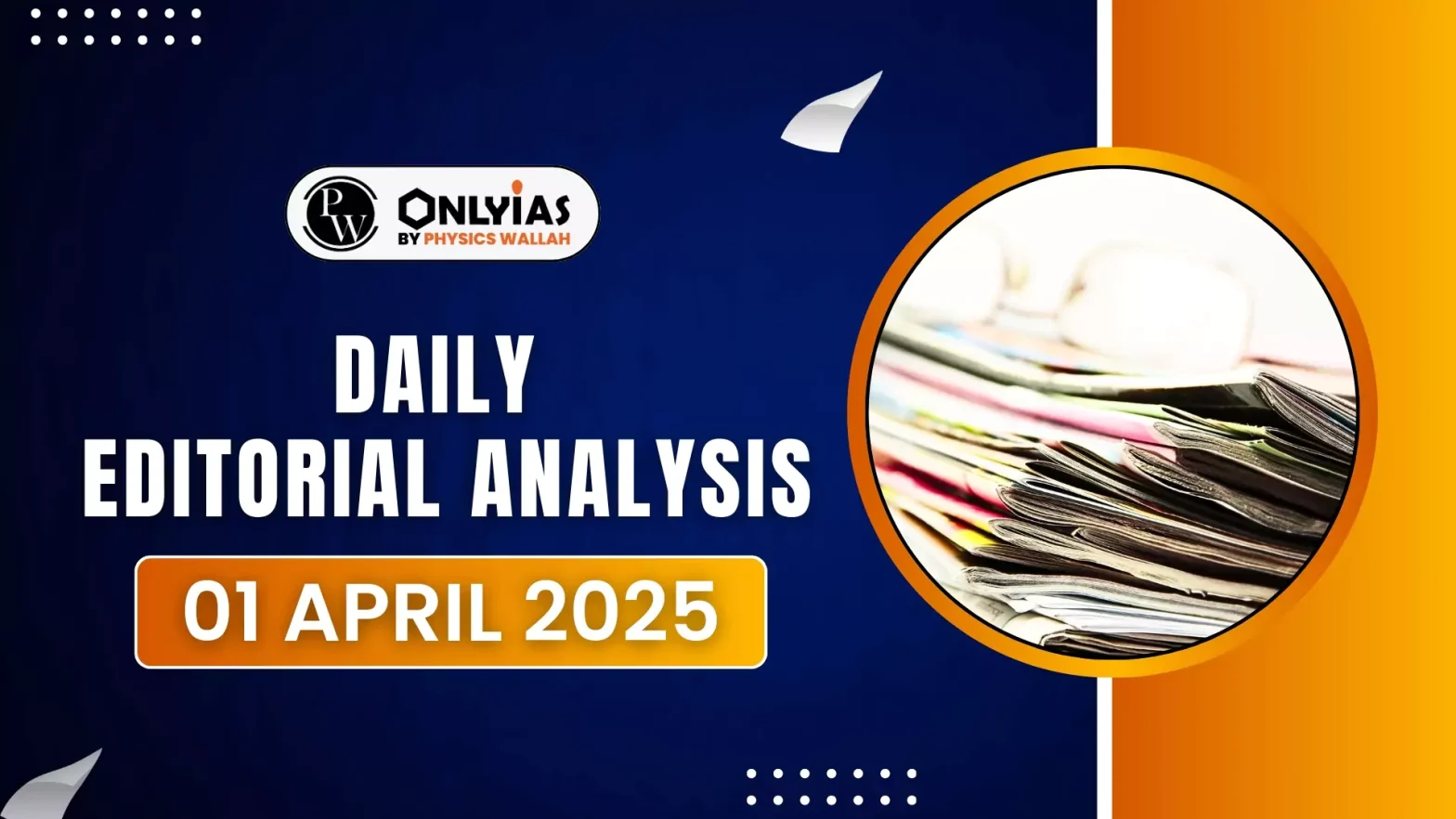The NEP 2020 highlights Foundational Literacy and Numeracy (FLN) as an urgent national mission.
Government Efforts and Initiatives to improve FLN
- Foundational Stage: The policy stresses the importance of ensuring every child acquires FLN by Class 2, marking the completion of the newly designated ‘foundational stage’ of education for children aged 3 to 8 years.
- Efforts: Both central and state governments have made significant efforts to implement FLN programmes, aiming for universal acquisition by Class 2.
- Focus: The focus has been on reinforcing early education and improving foundational skills to create a robust base for future learning.
- Findings from ASER 2024 Survey: The Annual Status of Education Report (ASER) 2024 provides valuable insights into the effectiveness of FLN implementation in schools across India.
- Directives: More than 80% of rural schools (15,728 schools surveyed) have received directives from the government to implement FLN activities for Classes 1 to 3.
-
- In over 75% of these schools, at least one teacher has been trained in person on FLN.
- Assessment of Impact: These findings reflect the national effort towards strengthening early childhood education and increasing the capacity of teachers to effectively deliver FLN-focused instruction.
Implementation of Foundational Literacy and Numeracy (FLN) in Classrooms
- Field Observations: A deep dive into 24 Class 2 classrooms across eight states earlier this year highlighted how FLN changes are being applied in real classrooms.
- The observations confirmed that the rationale for FLN has been effectively communicated to teachers, with most teachers agreeing on its importance.
- Teacher Attitudes: Teachers in the eight states understood and approved of the new FLN focus. The new approach has emphasized attitudinal shifts rather than just changes in pedagogical practices.
- New Approach: These changes are evident in classrooms where teachers have started implementing student-centered approaches that cater to the unique needs of students, specifically focusing on foundational skills in literacy and numeracy.
Challenges Associated with FLN
- Infrastructure Challenges: The local context significantly influences how teachers face challenges and capitalize on opportunities. Classroom conditions—such as space and multi-grade settings—present unique challenges. For example:
- Limited space in some classrooms requires innovative teaching strategies to ensure all students can participate effectively.
- In outdoor settings, where students from multiple grades are combined, adaptive teaching methods need to be employed.
- Training and Support: Teachers expressed limitations in discussing these practical challenges during training workshops.
- Divergent Support Systems: The post-training support systems for teachers vary widely across states, affecting the implementation of the Foundational Literacy and Numeracy (FLN) framework.
- In some states, teachers reported no post-training support, leaving them without guidance after initial training.
- Other states offered trainer consultations, where teachers could reach out if needed, but this system was not always fully utilized.
- Different Focus: A few states implemented regular monitoring visits from officials, but the focus of these visits was primarily on data collection compliance rather than teaching-learning practices in the classroom.
- In a minority of cases, block- or district-level officials provided hands-on demonstrations, teaching specific activities directly in the classroom.
- Lack of Practical Application Space: Without opportunities to practice and adapt the new methods and materials, teachers often struggle to fully utilize the guidelines and resources provided during training.
- For example, while there was a strong emphasis on Teaching-Learning Materials (TLM), these were mostly used in a demonstration mode by teachers rather than actively engaging students.
- Lack of Engagement: In all but one case, it was clear that teachers were using TLM for demonstration, without enough opportunities for students to engage with them directly.
- Practical Challenges in Using TLM: Teachers face practical barriers to implementing TLM effectively. In states where teachers must create their own TLM, teachers expressed concerns about material durability (e.g., TLM getting torn or broken) and the need to remake materials.
- Storage issues: Storage issues also arose, with some teachers lacking space to store TLM in their classrooms, hindering their ability to use them regularly.
- Lack of clarity: In cases where ready-made TLM kits were provided, teachers often lacked clarity on how and when to use them in the classroom, reducing the efficacy of the resources.
- Syllabus Completion vs. FLN Goals: Despite the focus on Foundational Literacy and Numeracy (FLN), decisions on teaching often remain driven by syllabus completion, making it difficult to prioritize FLN goals effectively.
- Lack of FLN focus: State-level assessments often emphasize formative and summative evaluations using traditional pen-and-paper methods, without adequately focusing on FLN-specific progress.
- Assessment Challenges: While some states have introduced monthly FLN-specific assessments, the results are rarely used to inform and adapt teaching practices in the classroom.
- This gap reveals a contradiction: ensuring universal FLN while completing the syllabus has not been resolved effectively within the education system.
Way Forward
- Detailed Guidelines: The NIPUN Bharat Mission has brought significant changes by laying out detailed guidelines for FLN implementation, marking a positive shift in how FLN is perceived and acted upon in classrooms across India.
- Improve Outcomes: Improved learning outcomes at the foundational stage are now evident, driven primarily by government schools, marking a milestone for the first time in 20 years since the ASER survey began.
- Acquiring Critical skills: The focus on FLN must be sustained to ensure that all children in India acquire these critical foundational skills.
- Prioritizing FLN Goals: Teachers and policymakers must continue to address the tension between syllabus completion and FLN goals, ensuring that these foundational skills are prioritized and consistently integrated into the curriculum.
Conclusion
Moving forward, systemic reforms are needed to ensure that assessment practices genuinely inform and enhance classroom teaching, ensuring the long-term success of the NIPUN Bharat mission.
![]() 1 Apr 2025
1 Apr 2025

